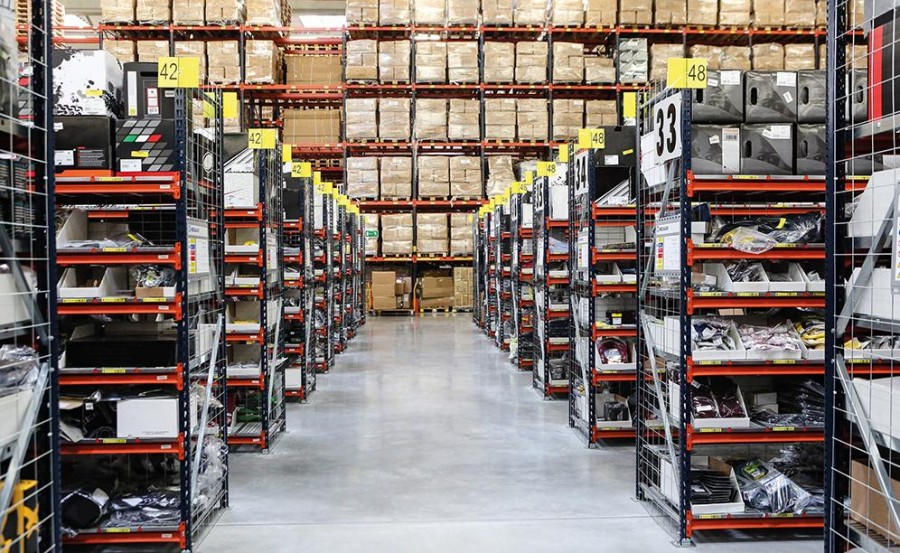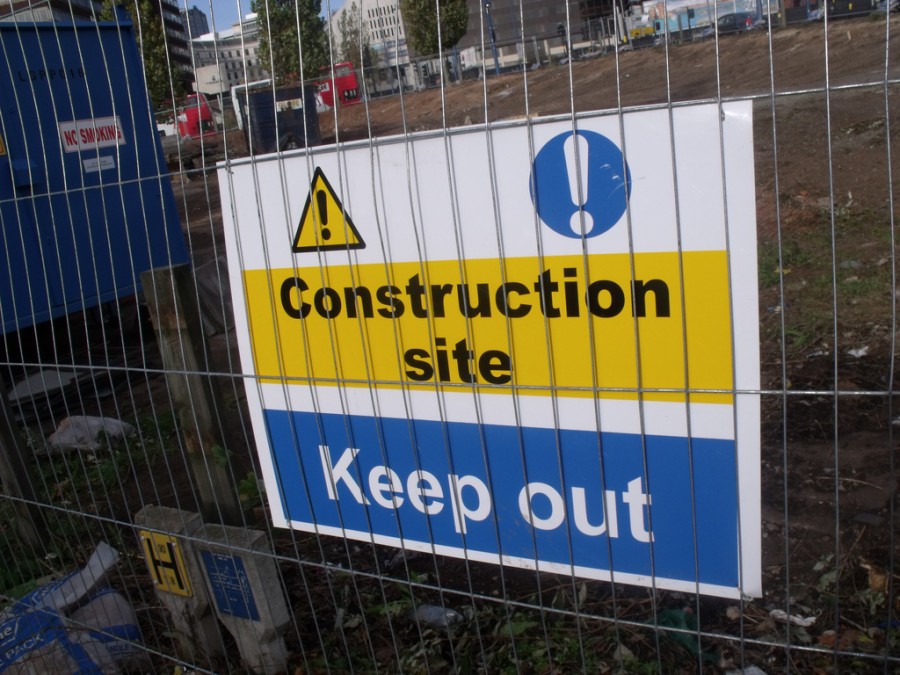August saw manufacturing sink into a deeper downturn, with rates of contraction in output and new orders among the steepest registered outside of events such as the global financial crisis or COVID-19 pandemic.
Manufacturers are reporting a weakening economic backdrop, as demand is hit by rising interest rates, the cost-of-living crisis, export losses and concerns about the market outlook.
The seasonally adjusted S&P Global / CIPS UK Manufacturing Purchasing Managers’ Index (PMI) posted 43.0 in August, down from 45.3 in July, its lowest level since May 2020 and a reading consistent with a steep deterioration in operating conditions.
The downturn in manufacturing output took a further turn for the worse during August, as production volumes decreased for the sixth straight month. The rate of contraction accelerated to its steepest in a year and to one of the fastest in the survey history.

Companies mentioned slower market conditions, declining new order intakes and efforts to reduce inventories of finished goods as factors underlying the latest contraction. August saw an accelerated decrease in new order intakes, as deteriorating market conditions both at home and in overseas markets hit demand.
There were reports that a generally weaker global economic backdrop had led to declining order intakes from key markets such as the US, Europe, China and South America. Furthermore, the rates of decline registered for both total new orders and new export business were among the steepest seen outside of the GFC and COVID-19 pandemic.
Data broken down by sector signalled downturns across the consumer, intermediate and investment goods categories. Intermediate goods was the weakest sub-industry overall, registering the fastest rates of decline for most variables, including output, new orders, new export business, input purchasing and employment.
Manufacturing staffing levels were cut for the eleventh successive month in August. Companies linked lower employment to reduced intakes of new work, falling output volumes and cost control efforts. Excess capacity at factories was also cited by some firms, as backlogs of work contracted to the greatest extent since April 2020.
The current downturn also affected the trends in raw material purchasing, stock holdings and suppliers' delivery times. Input buying volumes fell for the fourteenth month running and at the sharpest rate in almost three-and-a-half years. Meanwhile, stocks of both inputs and finished products were depleted, as companies strived to cut costs, protect margins and run more efficient and leaner operations.
August saw average vendor lead times shorten for the seventh consecutive month. The underlying factors driving the improvement were generally negative, however. The decrease mainly reflected weak demand for raw materials and reduced workloads at both manufacturers and their suppliers. After a prolonged period of marked inflation, August saw purchasing costs fall for the fourth month running and at the steepest rate since January 2016.
Companies reported many inputs as down in price including energy, fuels, oil by-products, metals, polymers and rubber. There was also mention of weak demand leading to lower costs. Although selling prices decreased, the reduction was marginal. Finally, manufacturers maintained a positive outlook despite the current economic malaise. Optimism hit a four-month high, with 56% of firms expecting growth over the coming year. This was linked to hopes for a market revival, new product launches and acquisition/diversification plans.
Rob Dobson, Director at S&P Global Market Intelligence, said: “August saw a further deepening of the UK manufacturing downturn. The PMI sank to a 39-month low as output and new orders contracted at rates rarely seen outside of major periods of economic stress such as the global financial crisis of 2008/09 and the pandemic lockdowns.
"Manufacturers reported a weakening economic backdrop as demand is hit by rising interest rates, the cost-of-living crisis, export losses and concerns about the market outlook. While this is being felt across the manufacturing industry, business-to-business companies are especially hard hit. Intermediate goods producers saw the steepest drops in output, new orders and employment as a result.
“The downturn is also forcing companies into a more defensive posture. Purchasing activity, inventory holdings and staffing levels were all cut back in August as manufacturers strived to control costs, protect margins and operate in a much leaner and efficient manner.
"The 'plus' side of the downturn is that input costs are now falling at the quickest pace since January 2016 and inflationary supply chain issues are abating, which should help feed through to lower goods price inflation in the coming months. The survey data therefore suggest policymakers will become increasingly focused on concerns over the economy's health as they mull the need for further rate hikes.”
Dr John Glen, Chief Economist at the Chartered Institute of Procurement & Supply, said: “Another substantial fall in manufacturing activity, contracting for the sixth month in a row and the fastest rate since May 2020, showed that these are tough times for manufacturers.
"The constant pressures on business costs from inflation and the systemic weaknesses in the UK and global economies were also driving the fastest fall in new orders since the financial crisis, outside the pandemic years. As a result, manufacturers were forced to reduce the size of their business operations, their headcounts and reassess what business is likely to look like in the remainder of the year and in a highly competitive economic environment.
"However, those firms with orders in hand enjoyed the fastest delivery times since January and the rate of inflationary rises slowed to 2016 levels. Some price correction eased the pain for manufacturers who registered a four-month high in optimism about opportunities in the next 12 months. Small crumbs of comfort maybe as the sector remains in contraction and the marketplace cools even further, leading to headaches for policy makers about what steps to take to keep the economy from sliding into recession."




















